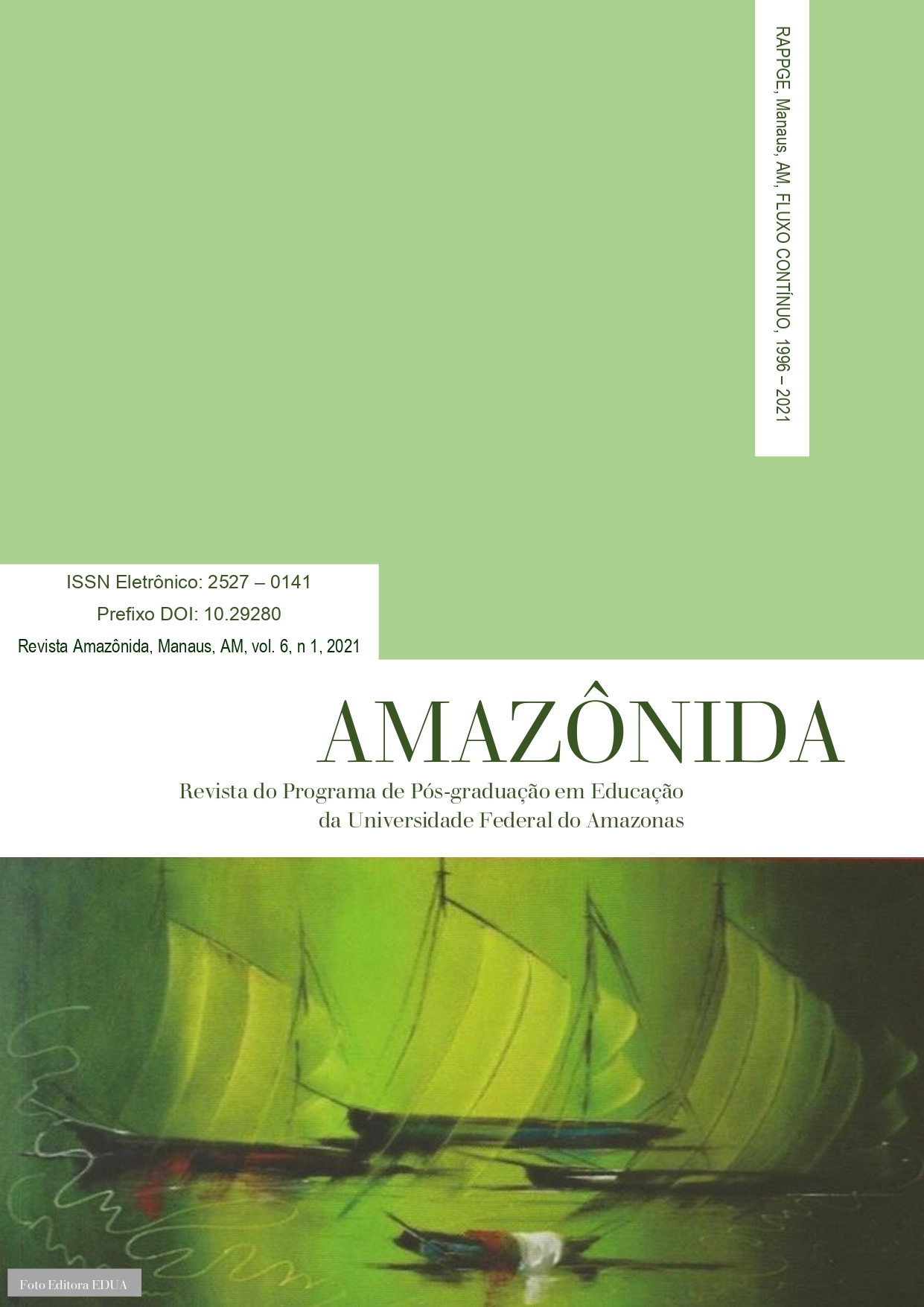Inter/transculturalidade na Amazônia
educação bilingue intercultural entre os baniwa-coripaco
DOI:
https://doi.org/10.29280/rappge.v6i01.8819Abstract
Inter/transculturality in Amazônia
Abstract: The traditional transmission of the knowledge in the societies of orality and the Western model of the school form can appear a priori dichotomous, which often contributed to their juxtaposed development and to a process of domination of the second on the first. In Brazil, following the republican process aiming at assimilate the indigenous people to the Nation during the years 1970-1980, these last one swere organized to safeguard their territory and their cultural identity, which gave place, from the 1990’s, to the generalization of an intercultural school education in the indigenous territories, opening the Western school form with the indigenous sociocultural knowledge. We attend to the institutional invention of an indigenous school in a context of questioning the hegemony of the world state machinery and way of thinking resulting from the colonization and the build of the Brazilian State-nation. This dynamic deals with the scope of a democratic transition and decentralization process which characterizes a new form of governance of most of the Latin America countries where the indigenous territories and the resources of which they lay out can be preserved. By giving the possibility to formulate another vision of the school education based on dialectic between indigenous knowledge and school knowledge in a sustainable developmental perspective of the indigenous territories, new experiments start to be expanded from the end of the 2000’s in colleges with an “integrated” way of teaching. The Pamáali case study informs us about the way in which it was organized and in particular its articulation with the specific cultural, linguistic, societal and environmental aspects of the Baniwa and Coripaco people which are the protagonists.
Key-words: Intercultural bilingual education, Amerindian, sustainable development, Amazonia, Baniwa.



























